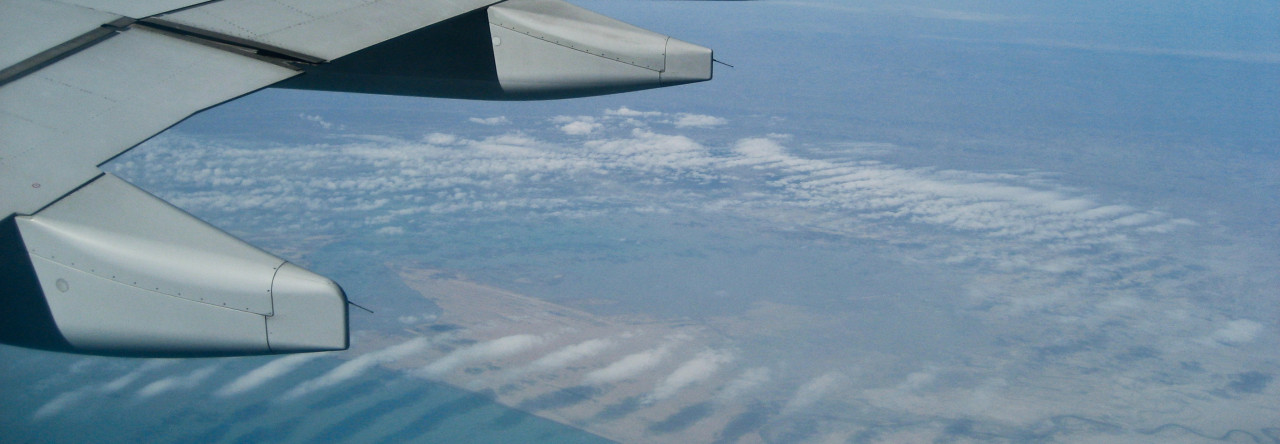The House of Lords released a report on state surveillance in Britain, last week. Among its findings:
Britain leads the world in the use of CCTV, with an estimated 4m cameras, and in building a national DNA database, with more than 7% of the population already logged compared with 0.5% in the America.
[ . . . ]
“The huge rise in surveillance and data collection by the state and other organisations risks undermining the long-standing traditions of privacy and individual freedom which are vital for democracy,” [Lord Goodlad, the former Tory chief whip and committee chairman] said. “If the public are to trust that information about them is not being improperly used there should be much more openness about what data is collected, by whom and how it is used.”
While many of the findings are themselves troubling (e.g., powers granted in the name of combating terrorism are in fact used to snag people for not cleaning up after their dogs), the existence of the report itself is encouraging. First, it illustrates that the UK government isn’t marching in lockstep toward more surveillance. In the past decade, it’s been alarming how easily the government has gained the ability to monitor its citizens’ most mundane activities without reason or permission. Second, it should give some hope to those who – like me – regard Britain as a leading indicator for state surveillance and privacy policy in Europe and the United States.  If the House of Lords is sounding the alarm before the over-broad practices of the current Labour government have emigrated outward, those practices will be less likely to be met with a presumption of validity in the US and rest of the EU.
